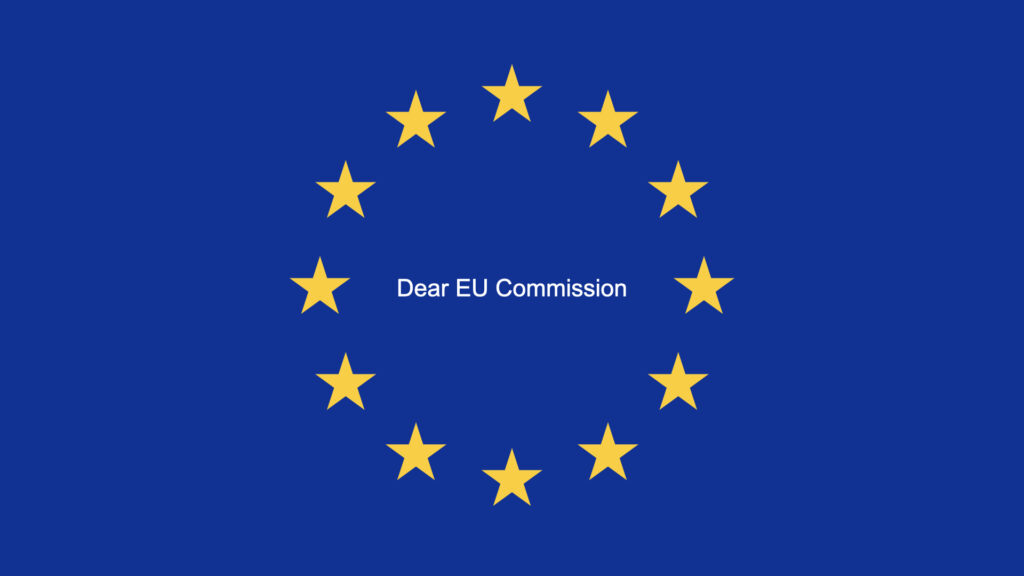Dear Commission,
In the commitments made by Apple to the Commission, a solution to allow third-party mobile wallet and payment service providers to access and interoperate through a set of Application Programming Interfaces (‘APIs’) with the NFC functionality on iOS devices free of charge, without having to use Apple Pay or Apple Wallet, is presented. Apple would do this by creating the necessary APIs to allow equivalent access to the NFC components in the so-called Host Card Emulation (‘HCE’) mode.
It is our opinion that this commitment is not enough since the HCE technology alone cannot unlock the full potentialities of NFC application for in-store payments, disadvantaging some market players.
HCE allows the NFC antenna to be used in ‘card emulation’ mode – i.e., the phone replicates the card chip and transmits data (e.g., payment data) to another NFC-enabled devices (e.g., the merchant POS). This ‘card emulation’ mode allows users to initiate NFC payments with a card/token provisioned into the mobile phone.
Conversely, the HCE technology does not allow to use the NFC antenna in ‘reader’ mode – i.e. the NFC chip reads and writes data from/to passive tags/devices. This NFC ‘reader’ mode is however essential to enable in-store payments through smart and innovative passive wearable devices.
New payment wallet providers and OEMs competing with Apple are increasingly offering passive payment-enabled devices – such as smartbands, rings, tags, watches – as a convenient way for consumers to pay at POS.
The payment token provisioning to these passive devices is made over NFC in ‘reader’ mode: the phone NFC is used by the passive device to read and acquire the card/token data stored in the phone, so that the device could be used by the consumer to initiate in-store payments (e.g., by tapping the ring/tag onto the POS).
Currently, Apple does not allow token provisioning in ‘reader’ mode through its NFC antenna. In particular, Apple is blocking NFC communication towards well known payment applications (Mastercard, Visa), thus making token provisioning impossible on standard passive payment chips. This effectively restricts innovation and competition in favor of Apple wearable solutions (Apple Watch).
Since token provisioning is a necessary preparatory step for enabling NFC in-store payments for passive devices/wearables, we believe that this functionality should be available also on iOS devices. iOS devices represent a very large market share and therefore Apple’s block to the NFC ‘reader’ mode prevents innovative and smart payment solutions from obtaining broad market access.
It is our proposal that Apple removes the blocker introduced by them to impede communication with certain payment applications when NFC is used in reader mode. This blocker has no technical explanation other than limiting what a developer can do (and keep control at Apple) and goes against the technical standards (NFC-Forum ISO-DEP ISO/IEC 14443-4 and ADPUs specifications as defined in ISO/IEC 7816-4) where the communication protocol is defined.
In closing, we, the undersigned, stand united in our message to the European Commission. Together, we represent a collective voice of passive device manufacturers and service aggregators, advocating for a more beneficial and flexible user experience for consumers. Our collaboration in this letter underscores the importance and urgency of the matter at hand, reflecting our shared commitment to fostering innovation and competition.
We trust that the Commission will consider our perspective with the seriousness it warrants, and that it will find viable solutions that engage constructively with all parties involved.
Signed:
Anders Malmström – CEO, Fidesmo
Tobias Ericsson – Co-founder & CEO, TAPSTER
Colin Tanner – Co-founder & CTO, DIGISEQ Limited
Steffen Kirilmaz – CEO and Co-founder, PAGOPACE
Bernhard F. Wernberger – Managing Director, ARE CON GmbH & Co. KG


